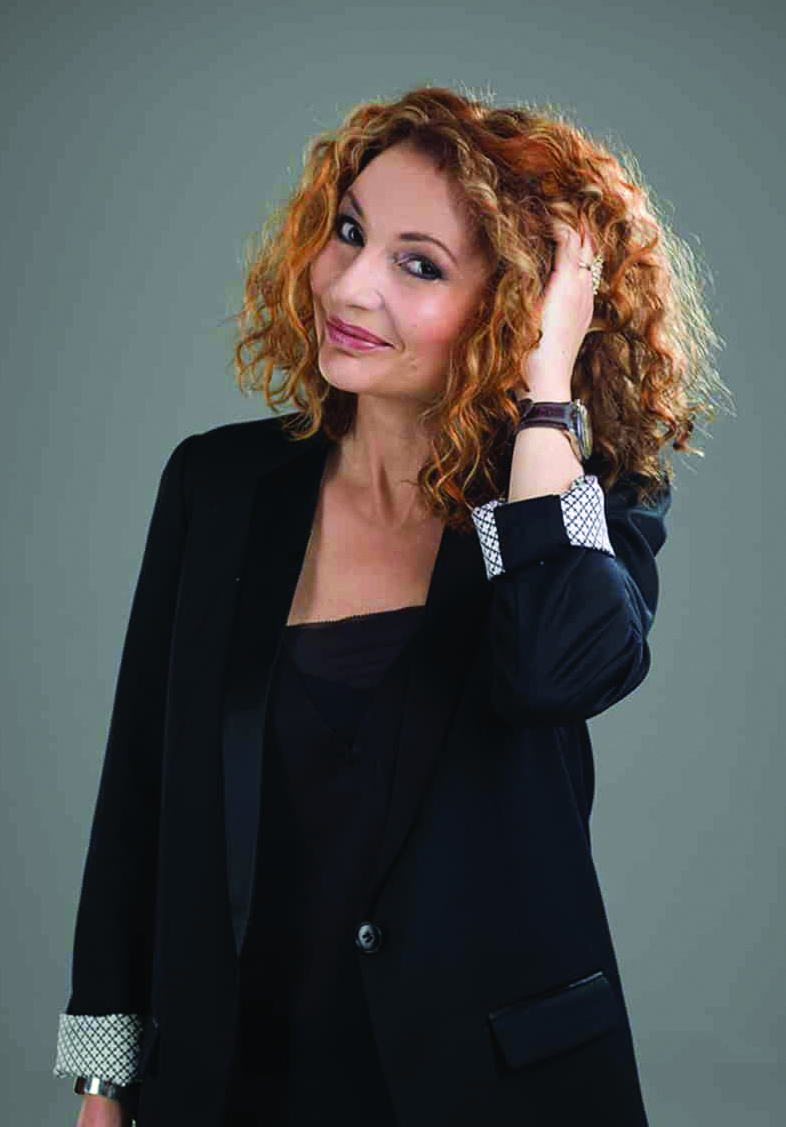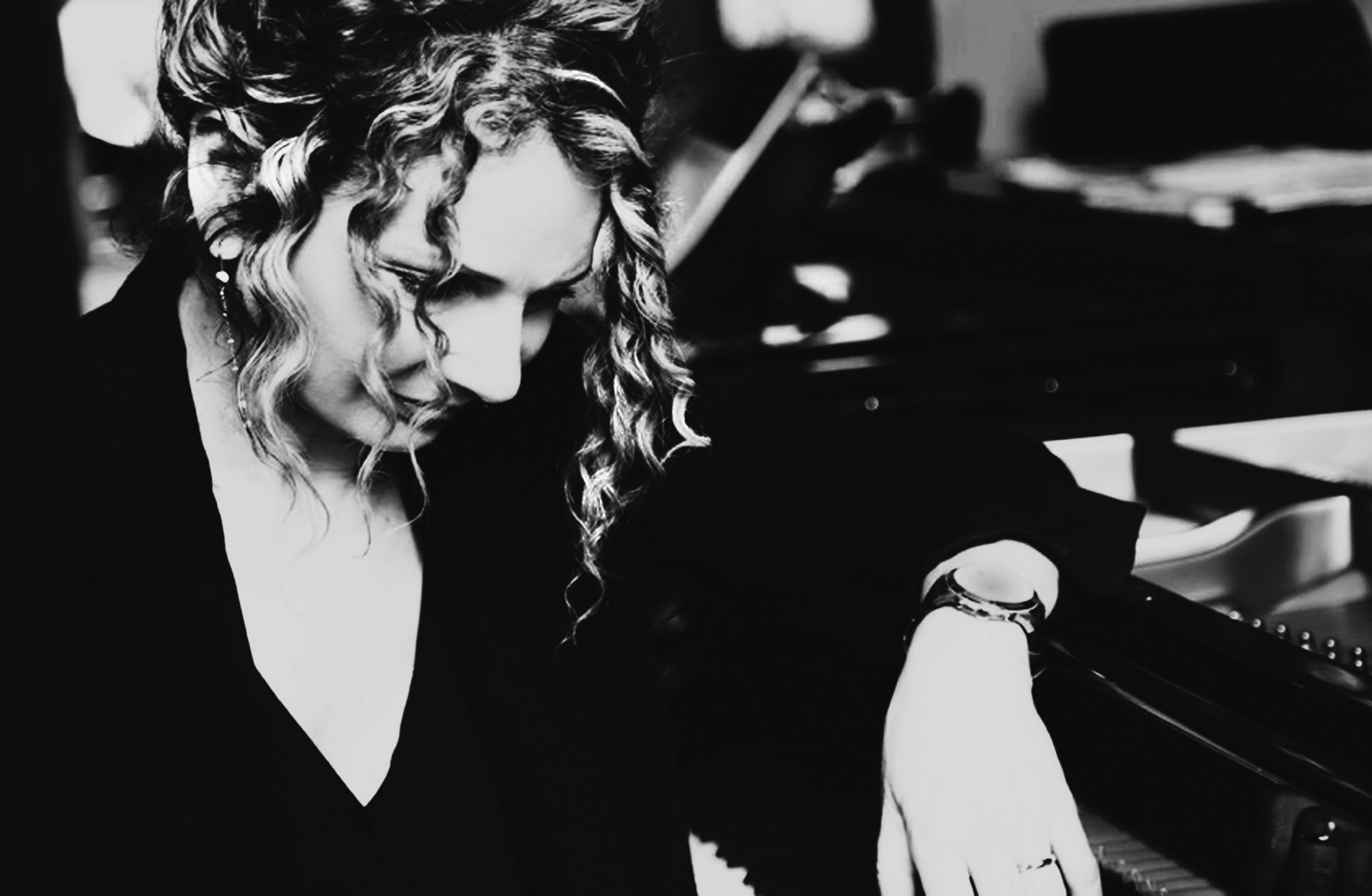
“As one of the leading virtuosos and recording artists of our times, Joanna MacGregor OBE is hailed the world over for her technical brilliance, musical intelligence, and effortless poetic command of her instrument.”
Emer Nestor
A concert pianist, collaborator, curator and artistic director, Joanna MacGregor is the epitome of a portfolio musician. At the Australasian Piano Pedagogy Conference 2019, Australian teachers have the rare opportunity to learn from Joanna as one of the highly-anticipated keynote speakers.
- Born in London in 1959, Joanna was home-schooled until age 11. Her first piano teacher was her mother, Angela.
- Joanna is currently the Head of Piano at the Royal Academy of Music, mentoring 120 young pianists from all over the world, and a professor at the University of London.
- Joanna is Artistic Director of the four-week Dartington International Summer School & Festival, and of the Royal Academy’s Summer Piano Festival in London.
- Joanna has played in 80 countries and recorded over 30 solo recordings ranging from Bach, Scarlatti, Ravel and Debussy; to concertos by Britten, Bach and Hugh Wood; to jazz and John Cage.
You’ve travelled extensively while performing; tell us about your tours to Australia.
I’ve performed a great deal in Australia in the last 20 years – several times with the Sydney Symphony Orchestra in the Sydney Opera House, and recitals at the City Recital Hall in Angel Place, as well as at Perth and Adelaide festivals; most recently, the Melbourne Arts Centre. It’s been everything from Bartók’s Concerto No. 3, Stravinsky and jazz, to the Goldberg Variations.
Are there any of your recordings that would be particularly beneficial for teachers to listen to, prior to attending APPC2019?
Maybe my most recent recording, the complete Chopin Mazurkas; and the collaboration I created about ten years ago with jazz saxophonist Andy Sheppard, Deep River. I was visiting Mississippi and the Deep South a great deal at the time, and it was a chance for me to examine the gospel music and blues that influenced me deeply as a child.
What will your keynote presentation at APPC 2019 be about?
It’s called “Pianists of the Future”. I’m passionate about helping young pianists develop a strong artistic identity, ready for the contemporary world. I’ll be touching on curation and repertoire building; finding the links between classical and new music; improvisation and transcription, and learning from pianists in history; and artistic leadership. I’ll play some illustrations from pieces by Fazil Say, Sofia Gubaidulina, Nina Simone, Bach and Beethoven.
We’ve seen fabulous master classes you’ve done on YouTube, and are hoping some Australian students will be lucky enough to benefit from your insights for their playing! Will you be giving a masterclass at APPC2019?
Yes, I will! I’ll look forward to hearing some young pianists. I’m also playing a main evening recital, bookended by Beethoven – his fiery 32 Variations in C minor and the Appassionata – as well as some of my Nina Simone transcriptions, Ginastera and Fazil Say.
What do you consider the most important ideas and concepts for piano teachers to impart to their students?
Well-being; resilience; endless artistic curiosity. The capacity to analyse a piece of music, and hear the dialogue the composer is having with his peers, and with the past. I’m keen on talking about harmony and colour; I like trying to unlock any physical difficulties, and discussing the best ways to practise.
What was your favourite piece as a child?
Probably something by Bach: I found his C minor Prelude and Fugue (Book 1) thrilling to play. I also liked improvising my own version of Dave Brubeck’s Take 5, which taught me to have fun at the piano
